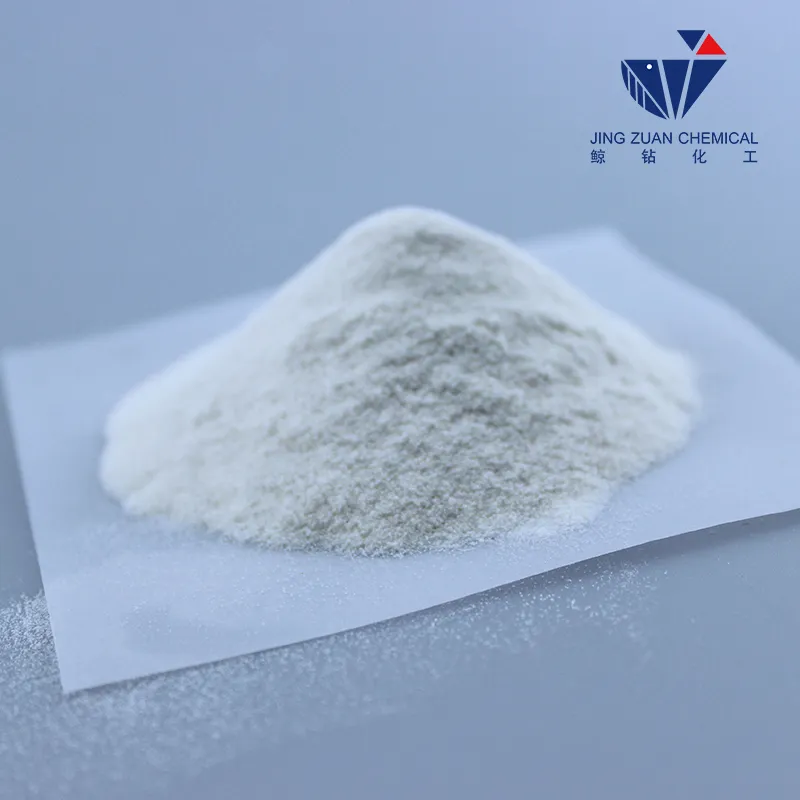
Дек . 12, 2024 10:39 Back to list
hydroxyethyl cellulose viscosity
Understanding Hydroxyethyl Cellulose Viscosity Importance and Applications
Hydroxyethyl cellulose (HEC) is a water-soluble polymer derived from cellulose, a natural polymer found in plant cell walls. As a non-ionic, thickening agent, HEC possesses unique properties that make it invaluable across various industries, including food, cosmetics, pharmaceuticals, and construction. One of the most critical characteristics of HEC is its viscosity—an essential property that affects its functionality in different applications. In this article, we will explore the factors influencing HEC viscosity, its significance, and its diverse applications.
Factors Influencing Viscosity
Viscosity is a measure of a fluid's resistance to flow, and in the context of HEC, it is influenced by several factors. First and foremost, the concentration of HEC in solution plays a crucial role. As the concentration increases, the viscosity of the solution typically rises due to the increased interactions between polymer chains. Higher concentrations lead to a denser network of chains in solution, which can resist flow more effectively.
Temperature is another vital factor. Generally, as temperature increases, the viscosity of HEC solutions decreases. This phenomenon occurs because higher temperatures provide more energy to the polymer chains, allowing them to move more freely, thereby reducing resistance to flow. This temperature-viscosity relationship is crucial for formulations that must be applied at varying temperatures.
Moreover, the degree of substitution (DS) of hydroxyethyl groups on the cellulose backbone significantly impacts viscosity. A higher DS generally results in greater solubility and thicker solutions, providing formulators with the flexibility to tailor HEC’s properties for specific needs. Additionally, the molecular weight of HEC influences viscosity; higher molecular weight polymers will yield more viscous solutions.
Importance of Viscosity in Applications
hydroxyethyl cellulose viscosity

The viscosity of HEC directly influences its performance in various applications. In the food industry, for instance, HEC acts as a thickener and stabilizer, improving the texture and mouthfeel of products like sauces, dressings, and dairy items. The right viscosity ensures that these products are not only palatable but also remain homogenous over time.
In the cosmetics and personal care sector, HEC is crucial for formulating lotions, creams, and gels. Its viscosity affects the product's spreadability, stability, and overall sensory properties. Consumers often prefer products with the right viscosity that provide a pleasant application experience without being too runny or overly thick.
In the pharmaceutical industry, HEC is frequently used in drug formulations, particularly in sustained-release systems. The viscosity of HEC can modify the release rate of active ingredients, allowing for controlled drug delivery. This functionality is vital for ensuring that medications remain effective over an extended period.
Moreover, in the construction industry, HEC is used as a thickening agent in cement and tile adhesives. The viscosity affects the workability and application of these materials, allowing for better adhesion and performance. A well-formulated adhesive with appropriate viscosity can significantly improve construction efficiency and the lifespan of structures.
Conclusion
Hydroxyethyl cellulose is a versatile polymer whose viscosity plays a crucial role in its functionality across various industries. Understanding the factors that influence HEC viscosity, such as concentration, temperature, degree of substitution, and molecular weight, enables formulators to optimize their products for specific applications. As industries continue to evolve, the demand for tailored HEC solutions that meet stringent performance criteria will only increase. This adaptability underscores HEC’s importance as a valuable ingredient in the formulation of a wide range of products, making it a cornerstone in modern manufacturing processes.
-
Versatile Hpmc Uses in Different Industries
NewsJun.19,2025
-
Redispersible Powder's Role in Enhancing Durability of Construction Products
NewsJun.19,2025
-
Hydroxyethyl Cellulose Applications Driving Green Industrial Processes
NewsJun.19,2025
-
Exploring Different Redispersible Polymer Powder
NewsJun.19,2025
-
Choosing the Right Mortar Bonding Agent
NewsJun.19,2025
-
Applications and Significance of China Hpmc in Modern Industries
NewsJun.19,2025







